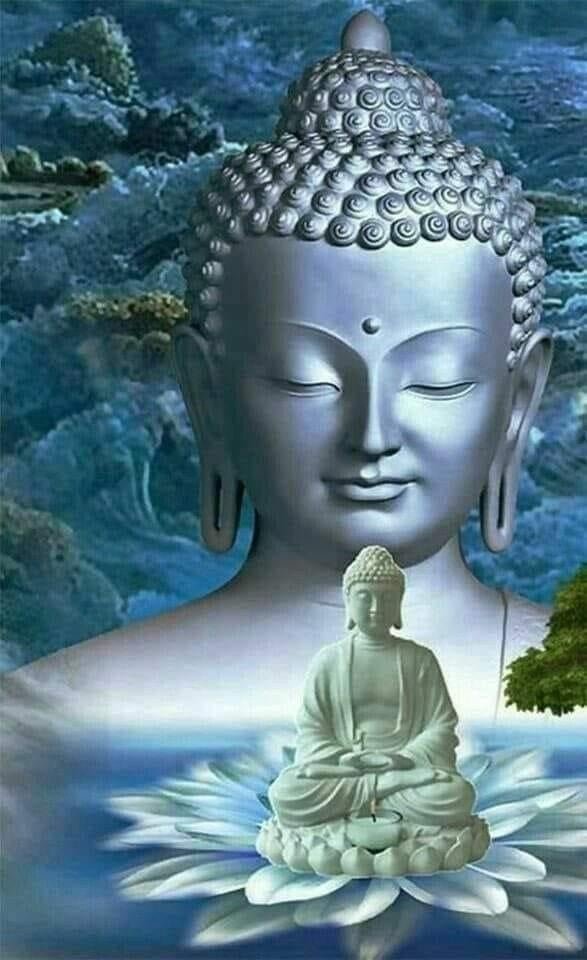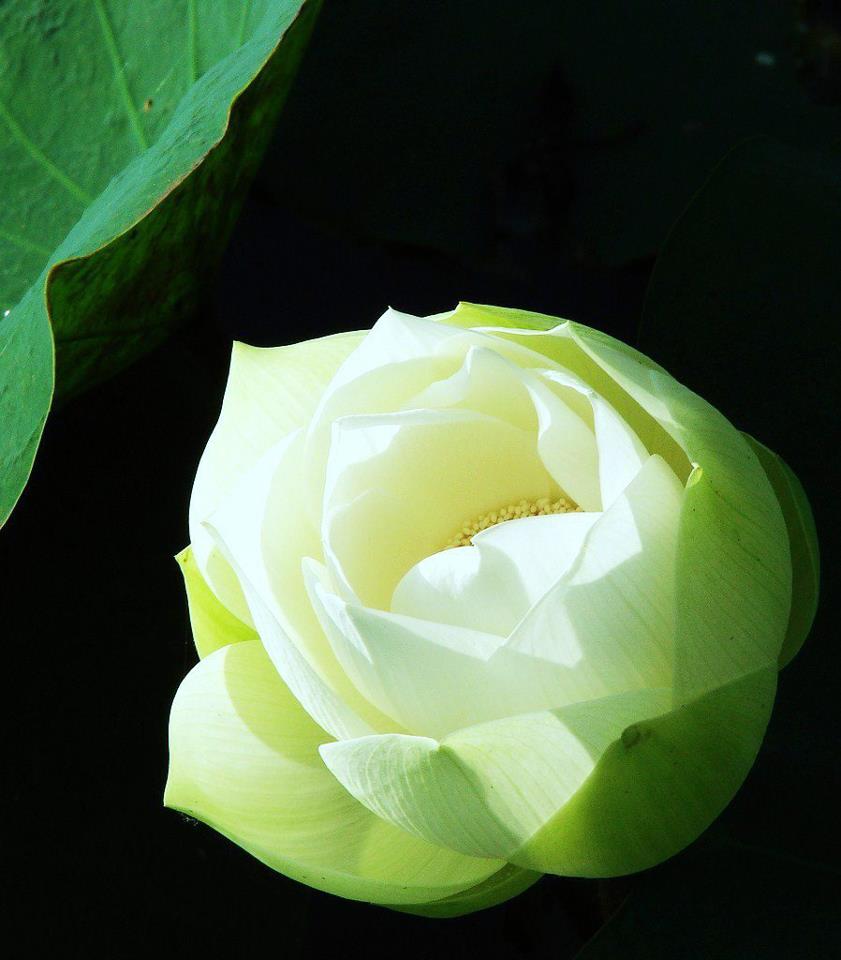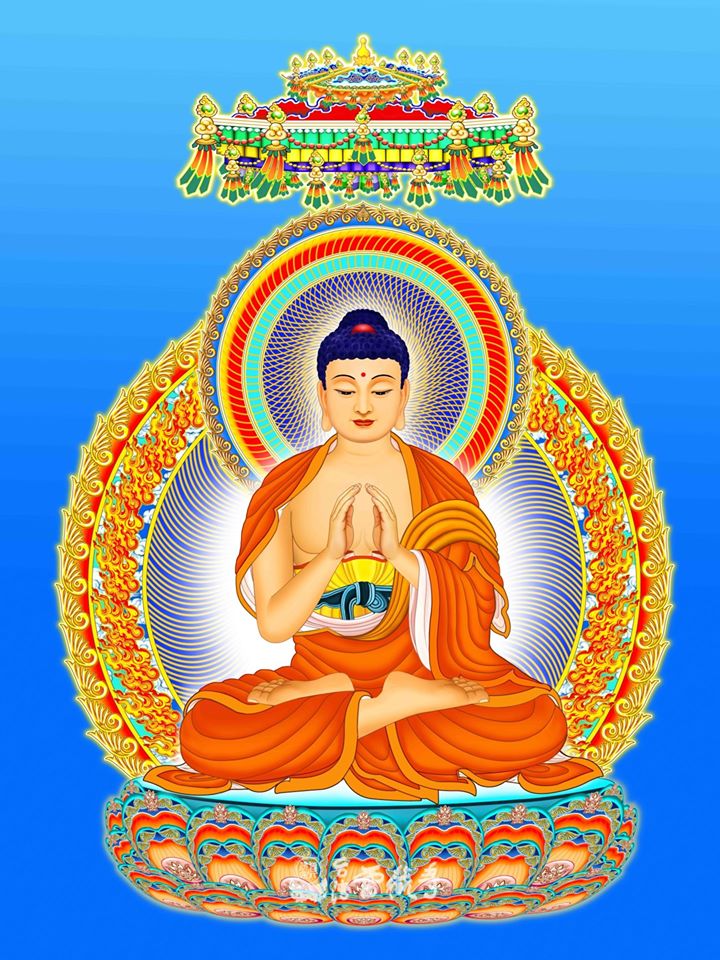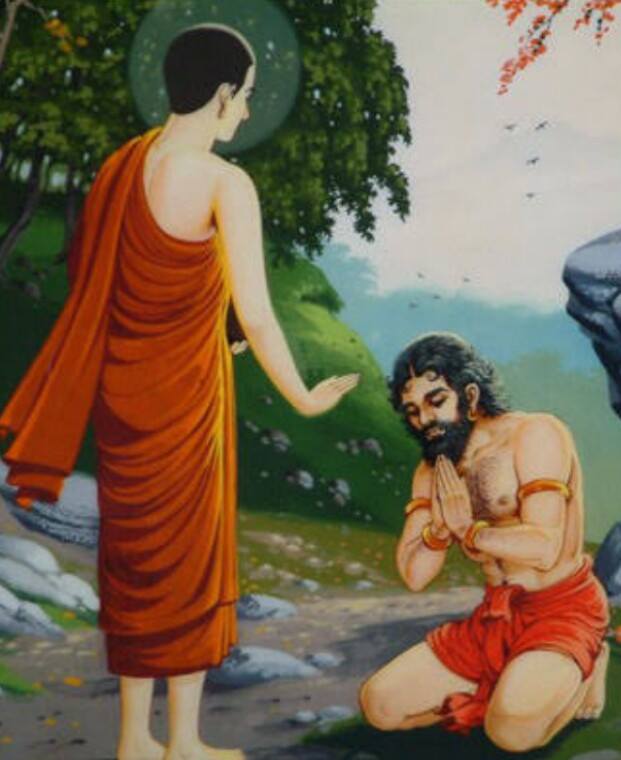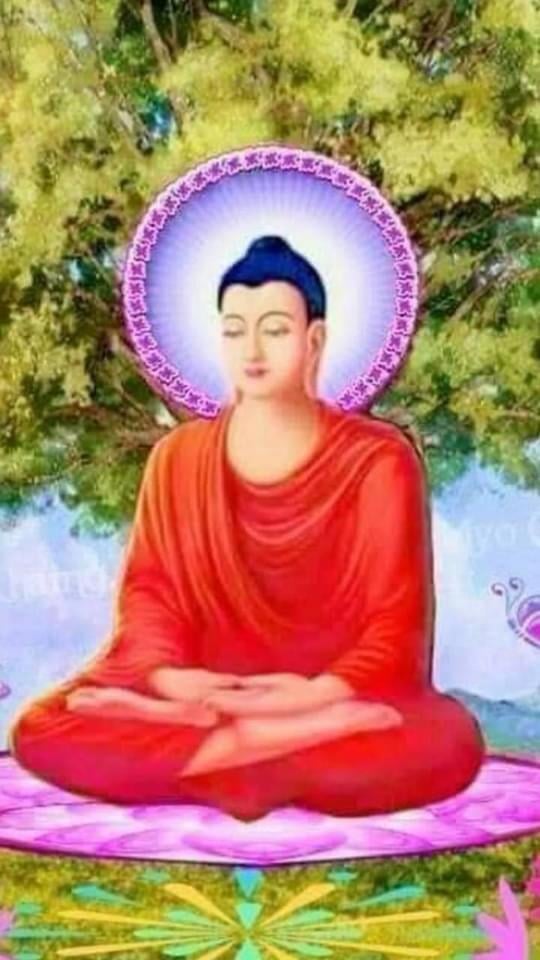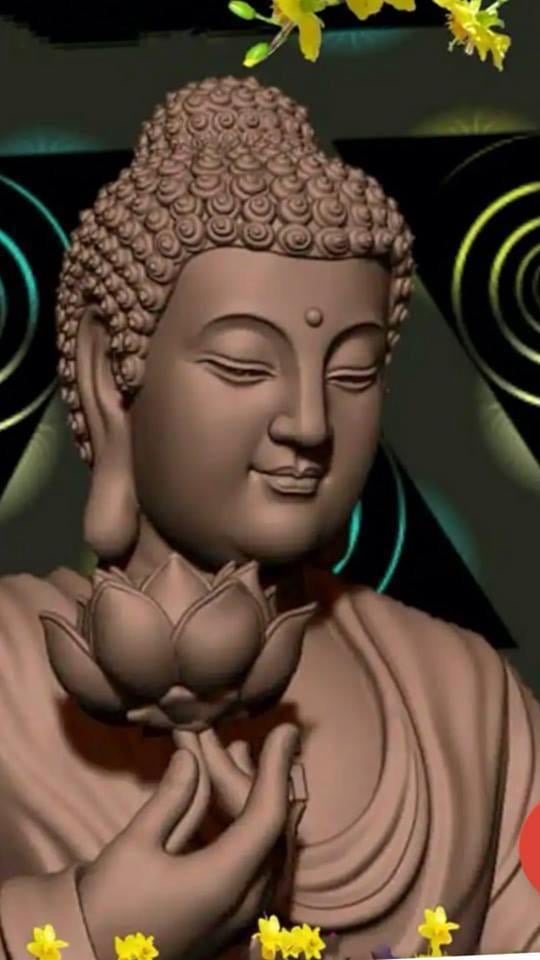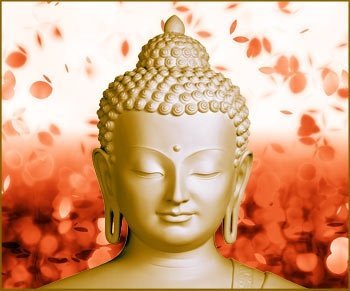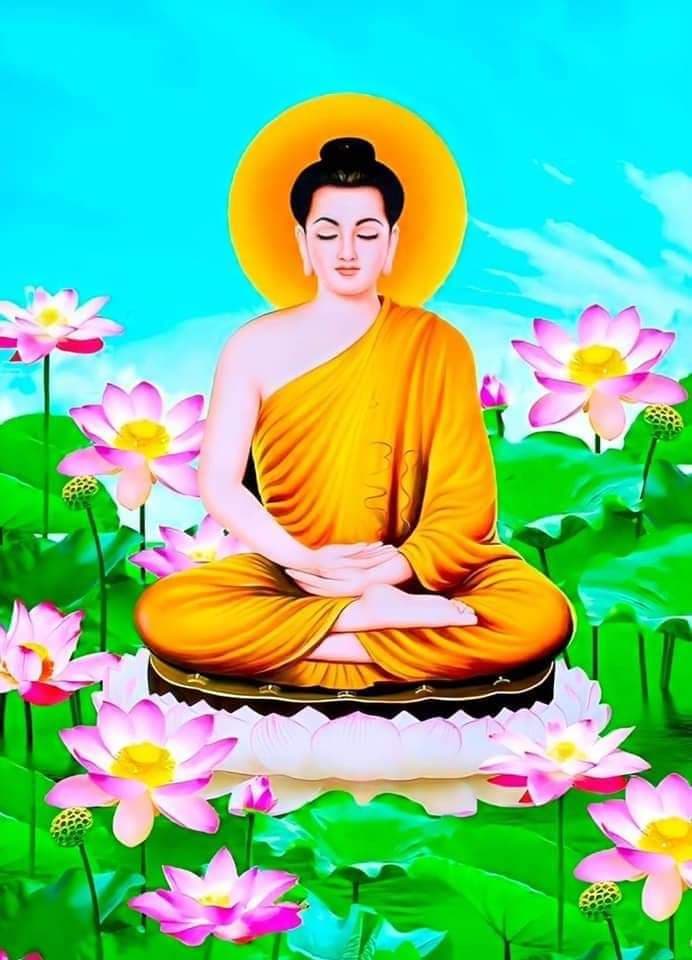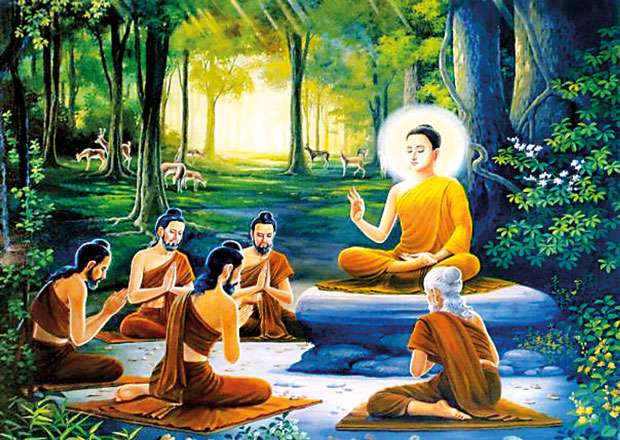
●◆● ════ ◆◇◆ ════ ●◆●
“Prior to sharing some thoughts on a question I was asked a few years ago, ‘According to 2010 statistics, the number of Buddhists around the world is consistently increasing by approximately 5% to 10% per annum. What do you think are the main causes for this increase?’, I should mention that I’m often ‘open-mindedly sceptical’ about such surveys, and the statistics gathered during such surveys. For where does the information come from and how is the information gathered, and for what purpose, and so on and so forth.By ‘open-mindedly sceptical’ I mean that I don’t just believe the information blindly, nor do I disbelieve the information blindly. I’m open-minded and realise that such information may in some way be helpful on many levels. To further clarify what I mean, it may be helpful to reflect on the following words of the Buddha in the Kalama Sutra:
“Do not believe in anything (simply) because you have heard it.
Do not believe in traditions because they have been handed down for many generations.
Do not believe in anything because it is spoken and rumoured by many.
Do not believe in anything (simply) because it is found written in your religious books.
Do not believe in anything merely on the authority of your teachers and elders.
But after observation and analysis, when you find that anything agrees with reason and is conducive to the good and benefit of one and all then accept it and live up to it.”
I’d now like to share a few thoughts on this subject. My intention here is not to give a definitive answer, but to give readers ‘food for thought’, something to mentally chew on, to contemplate, to enable each of us to be responsible and think for ourselves. So that each of us can develop genuine insight.
Perhaps we can begin by noting that the world’s population is rising rapidly, and this is one of the causes of the rise in the number of Buddhist practitioners in the world. In addition, it might be helpful to note that due to so-called ‘popular culture’, the number of practising Buddhists, as with other religions, may fluctuate depending on what is regarded as ‘popular’ or ‘not popular’ at any given time.
‘Popular culture’ is strongly influenced by the various types of media, and the various types of agenda’s within the media. We people are often very fickle, following one thing after another, depending on what we are confronted with and what we feel attracted to at any particular time.
In recent times, Buddhism has spread to many countries throughout the world, especially during the last few decades. This is due in part to people migrating around the world from various Buddhist cultures, and to their ‘2nd generation’, who either moved to these countries as children or were born there.
It is also due in part to the genuine interest in these precious teachings and way of life shown by people of all backgrounds. Some of whom have deep virtuous roots from practising the Dharma in previous lives, and others who are totally new to the Dharma, having a strong attraction to the peace, harmony and understanding that results from the Buddhist practises of morality, meditation and wisdom.
Many people also understand that Buddhism is inclusive, non-biased and freely available to people of all backgrounds. It is a non-aggressive and peaceful spiritual path with no mission to proselytise.
I think that the ‘main’ reason that the number of ‘genuine’ Buddhist practitioners has increased worldwide is the fact that the Buddha’s teachings are timeless and pragmatic, effective and experiential, and can be practically applied to our daily lives. I also feel that modern scientific findings have a great deal to do with more and more people studying and practising the pure Dharma.
As Albert Einstein so poignantly stated: “Science without religion is lame. Religion without science is blind”; “Buddhism requires no revision to keep it up-to-date with recent scientific finding”; “Buddhism does not need to surrender its views to science, because it embraces science as well as goes beyond science”; and “If there is any religion that could cope with modern scientific needs, it would be Buddhism”.
The Buddha recommends, invites and encourages all who are interested to thoroughly investigate, analyse and test the Dharma teachings. Just as a goldsmith tests for real gold. Not to just believe in them with blind faith.
He then advises us to wholeheartedly put them into practise and to work diligently towards realising the result of the Dharma path, Enlightenment.
If we do as he recommends, we will realise that his teachings are very clear and that they make perfect sense. That they are perfectly logical when tested with critical analysis and that they are in accord with modern scientific findings. In more than 2,600 years they have never been proven wrong.
Take for instance the Buddhist belief in the Law of Karma, which is a view that has been checked and analysed by many great practitioners and realised masters. Conviction in its validity is gained through logical reasoning. It should not simply be followed blindly.
I’d like to conclude with the following statement by historian, Arnold Toynbee: “The coming of Buddhism to the west may well prove to be the most important event of the 20th century.”
I hope that these words are somewhat helpful and beneficial on your path to Enlightenment. May the precious Buddha Dharma flourish throughout the whole world.”
~Dharma Master Andrew. J. Williams~








